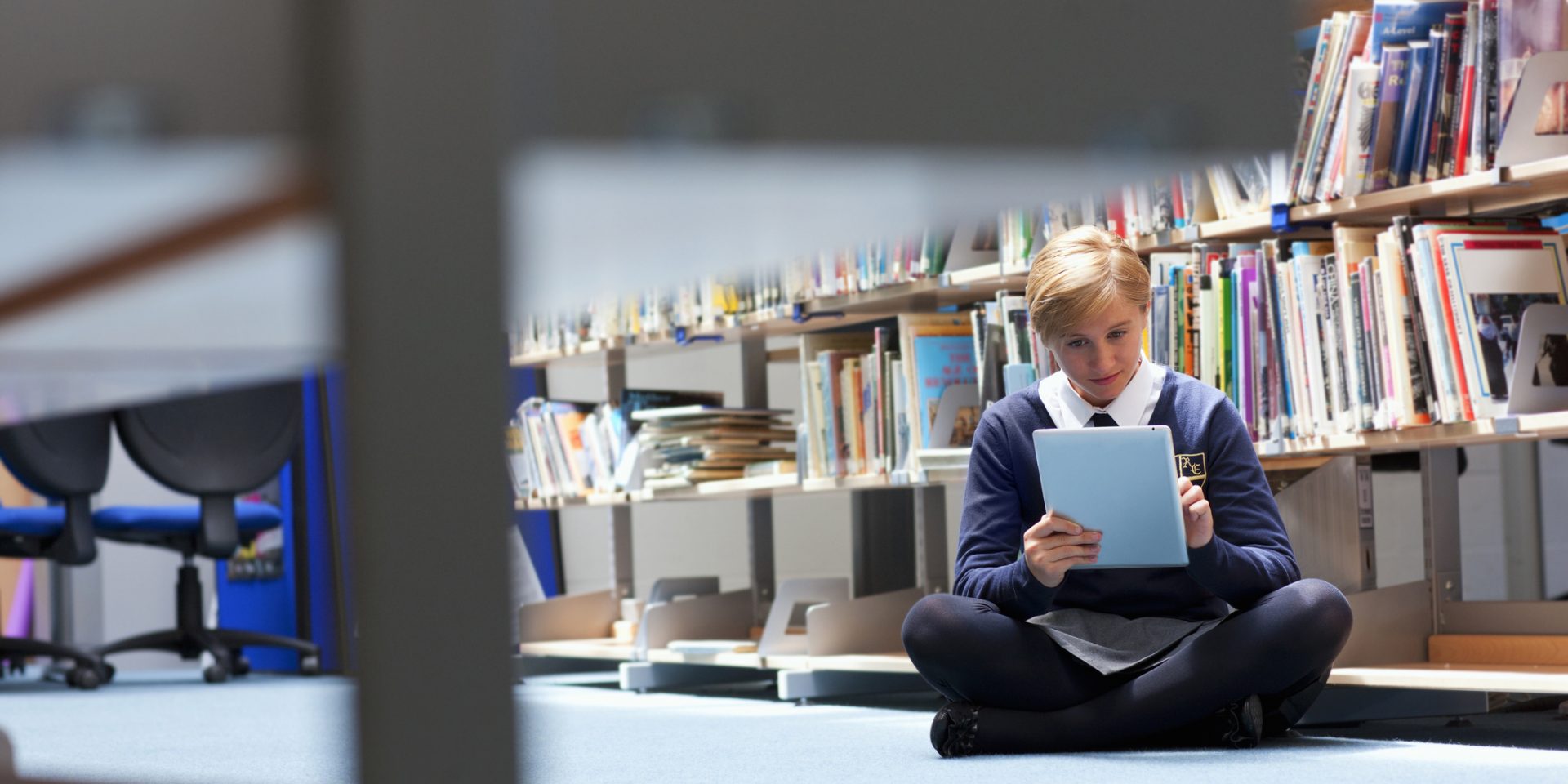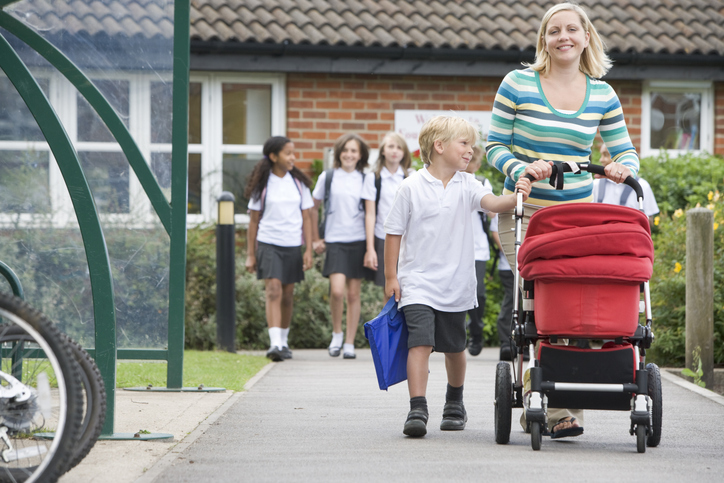Why children should read more
‘If you don’t like to read, you haven’t found the right book.’ J.K. Rowling.
One of the most important aspects of a child’s early academic development revolves around reading. Many studies show that reading for pleasure makes a big difference to children’s educational performance as it improves their vocabulary, understanding, communication and logical thinking skills.
The national curriculum states that schools must teach students about reading in two stages. The first stage involves learning the sounds of letters and the pronunciation of words. This is usually achieved in the early stages of their school life. The second stage involves teaching children about the different forms of literature such as fiction, non-fictional stories and poems.
However, it is thought that many students distance themselves from reading due to the choice of literature available to them at school. This can have a detrimental effect on a student’s development, causing them to miss out on vital information they would be exposed to if they were motivated to read.
Here we provide a few of our own suggestions on how schools can introduce a wider variety of reading and literature to its pupil:
Allow students to pick their own reading material: Students will have increased motivation to read if they are reading something that interests them. This can have a positive impact on a pupil’s academic performance as they are more likely to retain information and develop the skills reading promotes if they are hooked on the book in front of them.
Implement ‘reading for pleasure’ sessions: Reading can be relaxing for students when they are reading a form of literature that they enjoy. Non-fictional books can help children use their imagination and transverse into a world of fantasy, allowing their minds to wander and escape issues they could be facing in the real world.
Hold after-school book clubs: People who choose to attend book clubs will share the same passion for reading. This will allow students to discuss and share their enjoyment of certain texts with one another. This can lead to a greater social experience and allow students to build new relationships and make new friends.





